化学理学硕士
Master of Science in Chemistry

学历文凭
Masters Degree

专业院系
Department of Chemistry

开学时间

课程时长

课程学费

国际学生入学条件
A minimum cumulative GPA of 2.75 OR 3.0 or higher GPA for the last two years (60 s.h.) of undergraduate work
A minimum of a Bachelor of Science (B.S.) in chemistry or related discipline.
IELTS - 6.0, TOEFL IBT - 73, PTE Academic score of at least 49.
IDP—雅思考试联合主办方

雅思考试总分
6.0
- 雅思总分:6
- 托福网考总分:73
- 托福笔试总分:160
- 其他语言考试:PTE Academic score of 49
CRICOS代码:
申请截止日期: 请与IDP联系 以获取详细信息。
课程简介
化学和生物化学构成了物理和生命科学的核心。化学理学硕士学位可提供对化学原理及其应用的全面理解。这种理解将通过课程,研讨会,独立研究和研究相结合来发展。蒙特克莱州立大学化学研究生课程的设计具有内置的灵活性,可以帮助学生实现其职业目标。提供的课程包括化学和生物化学所有主要领域的高级课程,并包括许多高度专业化的仪器课程以及个人研究机会。理查森大厅和科学大厅均设有实验室。这是一个32学分的程序。
The Department of Chemistry offers work leading to the Master of Science (MS) degree through either a Thesis Plan or an Applied Chemistry Plan. The program is designed to prepare graduate students for continuation to the PhD level or other professional training, or for immediate employment in advanced positions in government, industry, or education. The program accommodates individual career objectives for those with degrees in chemistry and allied fields, and allows those with minors in chemistry to pursue advanced work and placement in the field. The department also provides inservice training to chemists and chemical educators who are not candidates for the MS degree. The Department of Chemistry has seen enormous growth in the past 30 years with many new applications in biotechnology, materials, medicine, nanotechnology, environmental health, alternative fuels, and forensic science. New information is rapidly transferred from research laboratories to practical applications.
The Department of Chemistry offers work leading to the Master of Science (MS) degree through either a Thesis Plan or an Applied Chemistry Plan. The program is designed to prepare graduate students for continuation to the PhD level or other professional training, or for immediate employment in advanced positions in government, industry, or education. The program accommodates individual career objectives for those with degrees in chemistry and allied fields, and allows those with minors in chemistry to pursue advanced work and placement in the field. The department also provides inservice training to chemists and chemical educators who are not candidates for the MS degree. The Department of Chemistry has seen enormous growth in the past 30 years with many new applications in biotechnology, materials, medicine, nanotechnology, environmental health, alternative fuels, and forensic science. New information is rapidly transferred from research laboratories to practical applications.
相关申请
 预科
预科 奖学金
奖学金 实习机会
实习机会 在校学习
在校学习 跨境学习
跨境学习 校园授课-线上开始
校园授课-线上开始 在线/远程学习
在线/远程学习
开学时间&学费
学费信息仅供参考,请与IDP联系以获取详细信息
| 开学时间 | 时长 | 学费 | 地点 |
|---|
本校相关课程
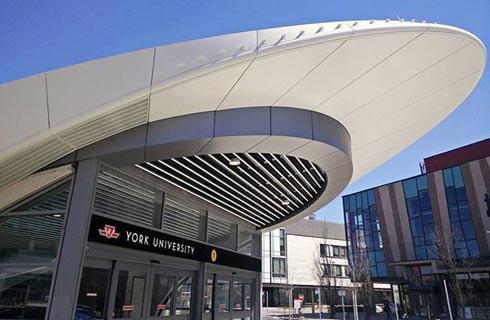
会计学学士
学历文凭
Bachelor Degree
开学日期
课程费用总额


Bachelor of Science in Agriculture
学历文凭
Bachelor Degree
开学日期
课程费用总额


Bachelor of Arts in Political Science - American Government
学历文凭
Bachelor Degree
开学日期
课程费用总额


双语/英语作为第二语言教育的教育学学士
学历文凭
Bachelor Degree
开学日期
课程费用总额


生物化学理学学士
学历文凭
Bachelor Degree
开学日期
课程费用总额

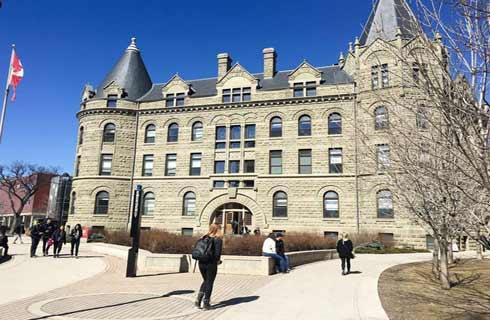
生物学理学学士
学历文凭
Bachelor Degree
开学日期
课程费用总额

其他相关课程

化学哲学博士[量子信息合作计划]
 滑铁卢大学
滑铁卢大学学历文凭
Ph.D.
开学日期
课程费用总额


化学理学硕士[量子计算合作计划]
 滑铁卢大学
滑铁卢大学学历文凭
Masters Degree
开学日期
课程费用总额

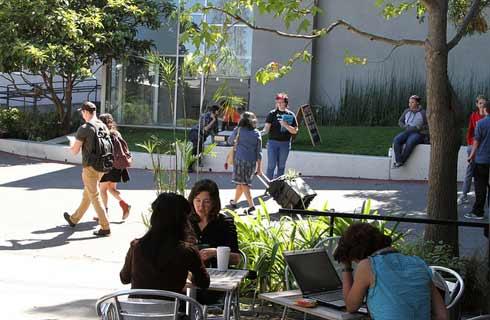
化学哲学博士
 滑铁卢大学
滑铁卢大学学历文凭
Ph.D.
开学日期
课程费用总额

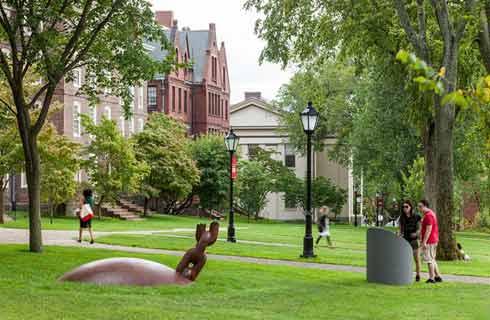
化学理学硕士
 滑铁卢大学
滑铁卢大学学历文凭
Masters Degree
开学日期
课程费用总额

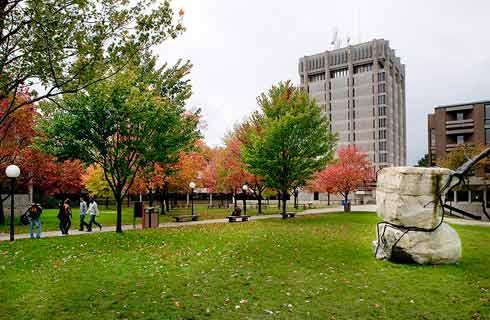
化学理学士(荣誉学位)
 滑铁卢大学
滑铁卢大学学历文凭
Bachelor Degree with Honours
开学日期
课程费用总额


化学科学硕士
 劳伦森大学
劳伦森大学学历文凭
Masters Degree
开学日期
课程费用总额










 美国
美国
